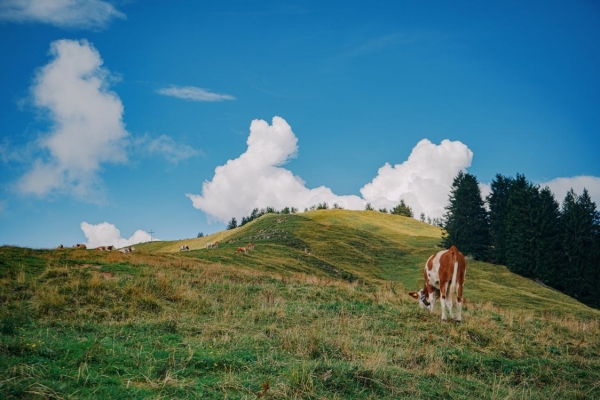A new study finds that scaling back grazing on most pastureland worldwide would dramatically increase the amount of carbon stored in soils.
A new study finds that scaling back grazing on most pastureland worldwide would dramatically increase the amount of carbon stored in soils.
By thinning grasses, cows, sheep, and other animals reduce competition for sunlight and nutrients. This spurs the growth of new grass, which conveys carbon from the air into the soil. But too much grazing can denude fields and dredge up carbon stored in the ground.
“When you cross a threshold in grazing intensity, or the amount of animals grazing there, that is when you start to see sort of a tipping point,” study coauthor César Terrer, of MIT, said in a statement. “Basically you lose a lot of the carbon that you have been locking in for centuries.”
Read more at: Yale Environment 360
Photo Credit: Alesander Dummer via Pexels




